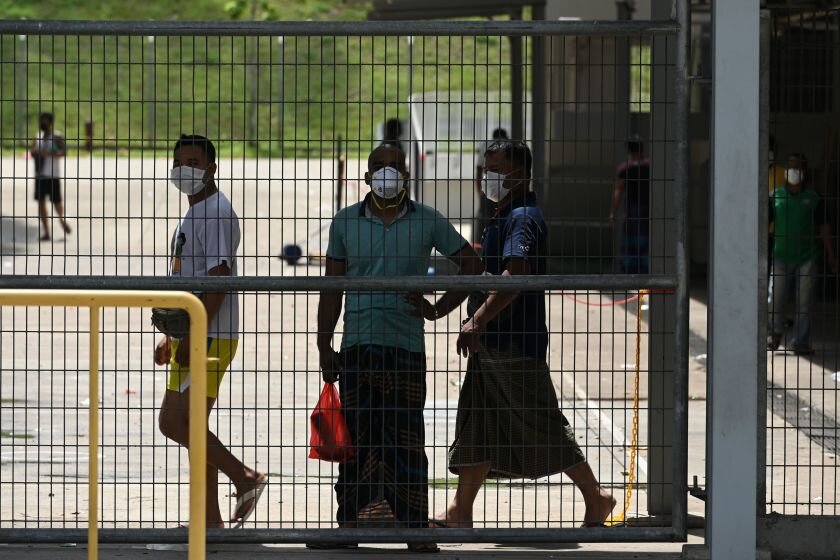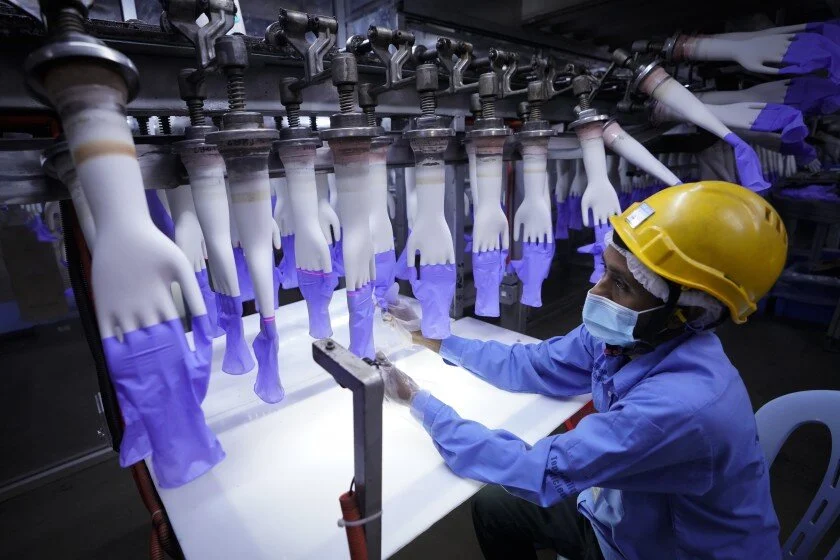Just weeks ago, Singapore was a coronavirus success story, admired for pinpointing infected patients and isolating their contacts with brisk efficiency, all while causing minimal disruption to an economy that was the envy of Asia.
But the island city-state is now battling to control an enormous outbreak spreading among a population that officials had mostly overlooked: the migrant workers who form the vast but unseen engine of Singapore’s prosperity.




